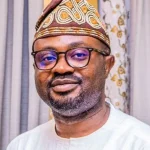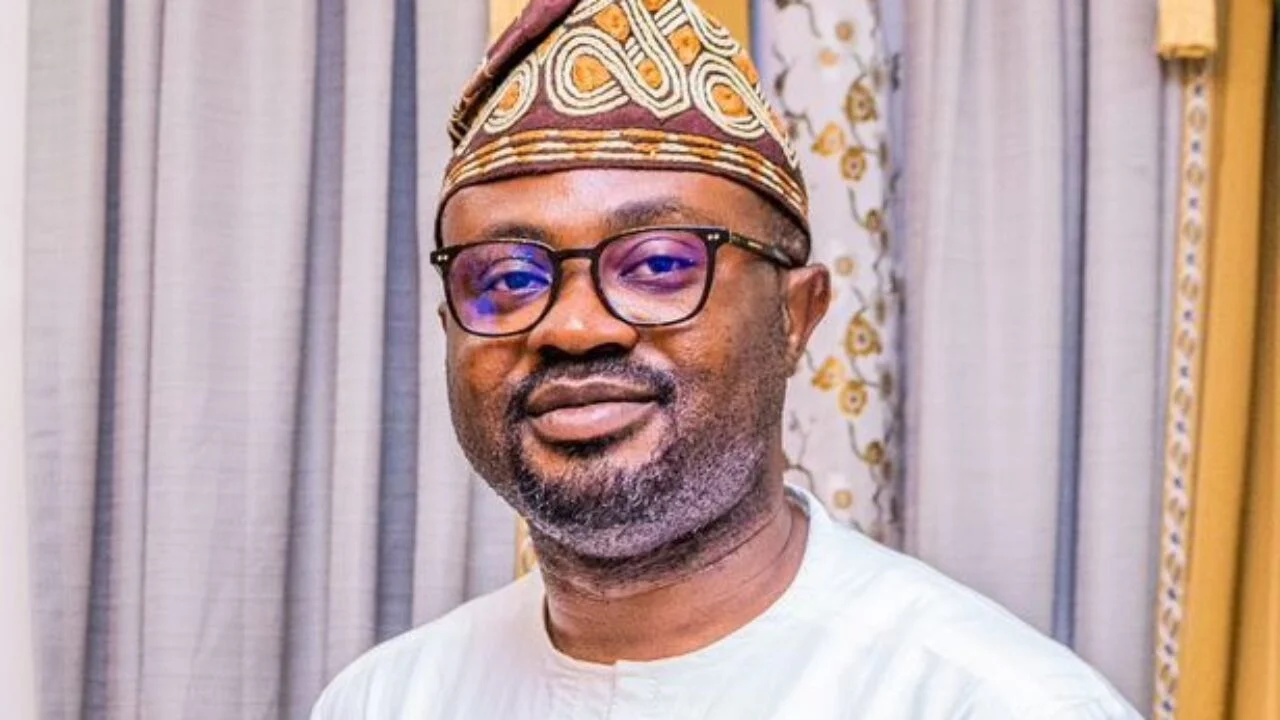
No fewer than 15,750 teachers on Saturday sat for the November Diet of the Professional Qualifying Examination for teachers across the country.
The Teachers Registration Council of Nigeria conducts the examination to test the professional knowledge of those in the teaching profession.
Speaking with newsmen about the examinations in Abuja, the Director, Certification and Licensing, TRCN, Dr Jacinta Ezeahurukwe said the examination would ensure that teachers were licenced before going into the classrooms.
“TRCN PQE is taking place all over the nation. It started on November 23 in some states. Some other states wrote yesterday and today, the remaining states are writing.
“In all, we have 15,750 teachers writing the examination for the Batch B across the country. There was a time when we conducted exams for over 100,000 candidates. Our target is for those that have not registered.
“The exam is mandatory because teaching is a profession and for every profession, there must be a professional qualifying examination.
“One of the features of a profession is that apart from getting the academic qualification, the person must have a qualifying examination and must be registered and licensed.
“If you don’t write this examination, how do we know you are qualified to be registered as a teacher? So this examination is not testing subject knowledge, it’s about testing the professional knowledge of the teaching profession,” she said.
Ezeahurukwe said that the qualifying examination provides the content of the foundational knowledge that a teacher must possess and exhibit but which is part of teachers’ professional standards.
She, therefore, said that the results are expected to be out in two weeks.
“This is a computer-based examination and we expect that as candidates are writing, the computers are marking. However, we will still take our time to sieve out the results, analyse and look at them, and have the management consider and approve.
“The exams written in batches will not in any way lead to malpractices as no two persons can write the same exam.
“The questions are joggled and different categories have their own questions. The question for Category D, which is for NCE holders is different from Category C, which is for those with a first degree or Bachelor of Education or PGD.
“Questions for category B-Masters degree are also different from that of category A, and those with Ph.D. So the questions are never the same, they are according to your category,” she added.
Meanwhile, the Permanent Secretary, the Federal Ministry of Education, David Adejo, who commended the process, said it would go a long way to improve the quality of teachers in the country.
Represented by the Director of Reform Coordination and Service Improvement in the ministry, Dr Yusuf Saidi, he said it would also encourage quality teaching in schools.
Adejo called for more support for the council to deliver on its mandate in ensuring that Nigerian teachers are licensed to do their jobs.
“So with this, you will see that the quality of teachers we produce will be as desired and as required. If you have a profession that anything goes, then this will regulate the teaching profession.
“The TRCN is making sure that the same person who registered for the exams is the same person who writes it.
“So no one can go in there and write for anybody. This will go a long way to improve the quality of teachers in this country,” he assured.
Speaking with some of the candidates, they expressed confidence in the examinations, saying that it would help weed out quacks from the system.
The Nasarawa State Secretary, National Association of Private Schools, Dr Olu-Andrew Kayode, said the examination would help to improve the quality of teachers in the country.
According to him, the world is going digital and Nigeria must not be left behind as a nation.
“Gradually, we are getting there so that we can meet the global standards just like other nations of the world.
“So far, the process is very free. As an educationist, I want to say that the examination is very simple to approach and to allay the fears of people who think CBT is something that is very difficult.
“With what I have experienced today, just a little knowledge of a simple computer approach and the ability to read and write will help you to excel in this exam.
“The process of the examination will help to improve the quality of teachers. It is essential and gradually, everyone will go digital in improving their knowledge,” he added.
Speaking on the treatment of teachers at different levels, Kayode said professionalisation of the examination would assist in phasing out the quacks.
He added, “We are taking over and with time, I know the government will also treat us like other professions.”
Another candidate, Mr Luka Gabi, commended TRCN for introducing CBT into the examination process and called for an upgrade
He said, “The experience is a memorable one. This is a professional examination comparable to that held by other professionals. This exam is an indication that the teaching profession has upgraded its standards.
“CBT is a growing exercise in the country. With the experience here today, the systems are all working well. The hitches were minor and well-handled.
“So it’s quite a good one but we are not there yet. We expect an upgrade of the system to deliver effective service to the people.”










